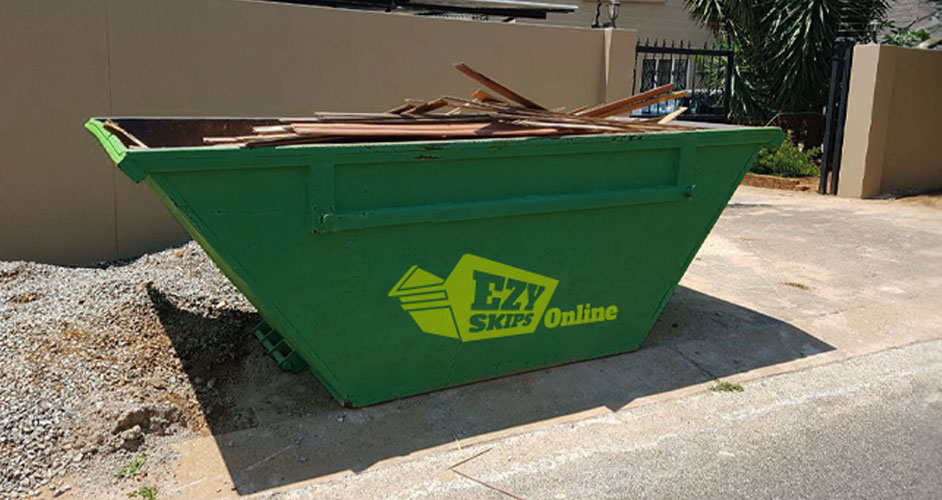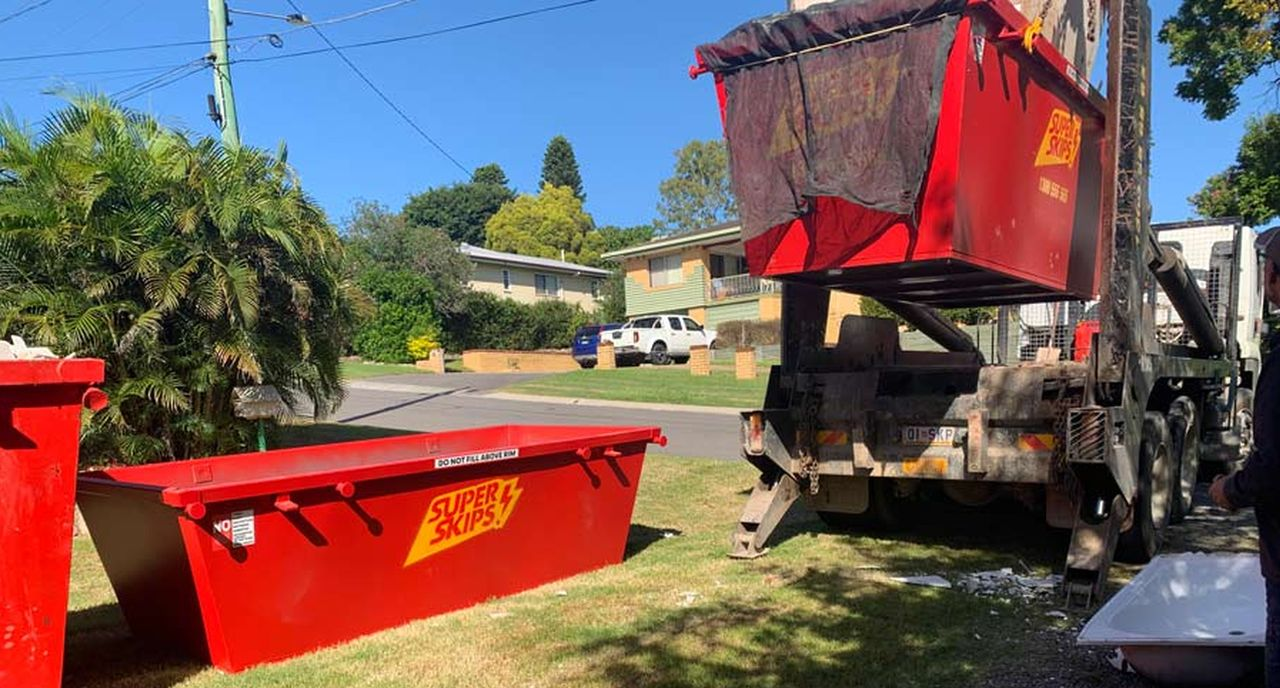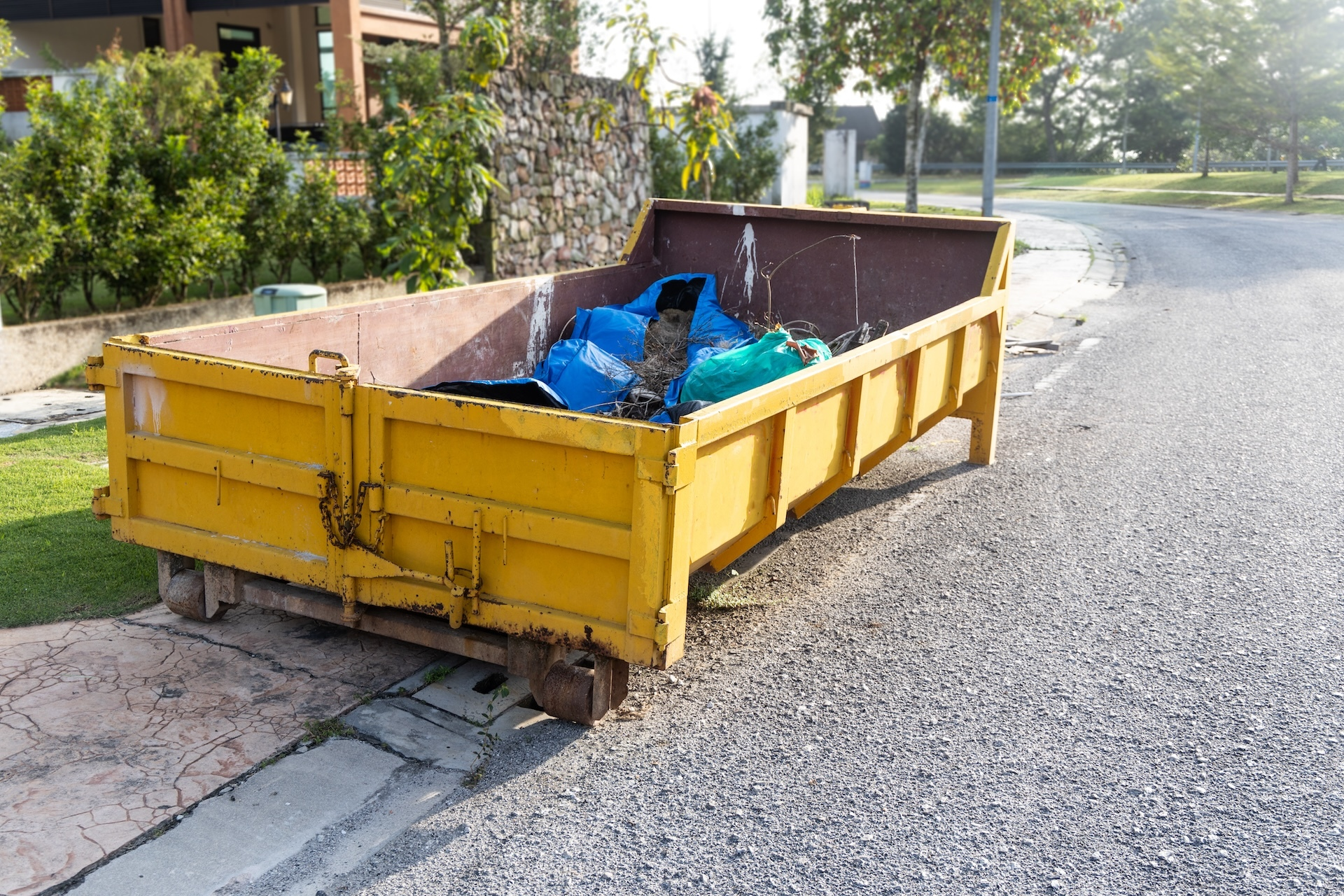Whether you’re pruning trees in your backyard, cleaning out the garage, or managing waste on a construction site, one thing’s for certain—rubbish builds up fast. Without a clear plan for disposal, clutter turns into chaos, slowing progress and potentially creating hazards. That’s where skip bin hire steps in. From small-scale residential jobs to large-scale commercial operations, skip bins offer a simple, efficient, and eco-friendly solution for managing waste.
In this guide, we’ll explore how skip bin hire caters to a wide variety of projects, what to consider when choosing a bin, and how to make the most of your hire—no matter the size of the job.
Why Skip Bin Hire Works for Any Project
The beauty of skip bin hire lies in its flexibility. With a range of sizes, waste types, and delivery options, it’s a solution that scales with your needs. Whether you’re sprucing up the garden or demolishing a building, there’s a skip bin that fits the job. Here’s how skip bin hire applies to different types of projects:
1. Backyard Clean-Ups
Backyards often accumulate more waste than we realise—old garden furniture, broken pots, branches, lawn clippings, and bags of unwanted clutter. Green waste bins fill up quickly, and hauling trailer loads to the tip is time-consuming. A small to medium-sized skip bin (2–4 cubic metres) is ideal for:
- Seasonal garden clean-ups
- Tree pruning or landscaping projects
- Disposing of old outdoor furniture or play equipment
Many providers offer green waste-only bins, which are cheaper and ensure your waste gets turned into mulch or compost rather than sent to landfill.
2. Household Decluttering and Renovations
Moving house, downsizing, or simply clearing out accumulated junk? Skip bins streamline the process. Instead of dozens of tip runs, you get one bin delivered to your door, fill it at your pace, and have it collected when you’re done. For minor clean-outs, a 3–6m³ bin usually does the job. For renovations or large clean-ups, 6–10m³ bins are more suitable and can handle:
- Broken furniture
- Floorboards, tiles, and old cabinetry
- Old appliances and general household waste
Just remember: skip bins can’t accept hazardous items like paints, batteries, or asbestos. Always check your provider’s guidelines.
3. Construction and Demolition Sites
Skip bins are essential for builders and contractors. They keep sites safe and organised while supporting environmentally responsible waste disposal. Larger bins (10–30m³) are designed for:
- Concrete, brick, and rubble
- Timber offcuts and plasterboard
- Steel and metal
- General demolition debris
Some hire companies provide specialised bins for specific materials like clean-fill, which helps with recycling and can reduce costs. Regular pickups and swap-overs keep your site running smoothly.
4. Commercial and Office Cleanouts
Offices and businesses undergoing refurbishment or relocation often generate large volumes of non-confidential waste—broken chairs, desks, electronics, packaging, and old shelving. Medium-sized bins (4–8m³) are ideal for:
- Office furniture and equipment
- E-waste (where allowed)
- Large volumes of packaging
Some providers offer e-waste bins or recycling bins specifically for office environments. Be sure to shred confidential documents separately before disposal.
Choosing the Right Bin for the Job

The right bin saves you time, money, and hassle. Here’s what to consider:
- Size: Estimate how much rubbish you’ll produce. It’s better to hire slightly bigger than you need than risk overfilling.
- Type of Waste: Match your bin to the materials being disposed of. Green waste, clean fill, mixed waste, and heavy materials all have different disposal methods.
- Location: Will the bin be placed on private property or the street? Council permits are often required for roadside placement.
- Duration: Most companies offer flexible hire periods. Make sure you schedule pick-up and drop-off to fit your timeline.
Tips for Getting the Most Out of Skip Bin Hire
- Pack Efficiently Break down furniture and boxes, stack flat items, and place heavy items at the bottom. This maximises space and helps avoid overfilling.
- Follow the Fill Line Don’t overload the bin. Items stacked above the rim can be hazardous and may result in extra fees or refused collection.
- Know What Can’t Go In Avoid fines and environmental harm by excluding prohibited items such as chemicals, oils, tyres, and asbestos. These require specialist disposal.
- Book Early During peak times, like spring or long weekends, skip bin hire companies can book out quickly. Plan ahead to secure your bin.
Eco-Friendly Benefits of Skip Bin Hire

One of the often-overlooked benefits of skip bin hire is its contribution to sustainability. Most reputable providers sort collected waste to recover recyclables like metal, timber, and green waste. By using a skip bin, you’re reducing landfill use, cutting down emissions from multiple tip runs, and helping to promote a circular economy. Many skip companies partner with recycling centres or composting facilities, turning waste into reusable materials rather than simply discarding it. It’s a small step that makes a big difference.
Final Thoughts
From backyard blitzes to building sites, skip bin hire is one of the most practical and environmentally responsible tools you can use. It saves time, increases safety, and helps keep your space clean and productive—no matter the size or scope of your project. So whether you’re pruning the hedges, gutting a kitchen, or managing a busy worksite, don’t let rubbish get in the way.
Choose the right skip bin, follow a smart plan, and watch the chaos turn into order—quickly, cleanly, and with minimal fuss.

